DLD Sync
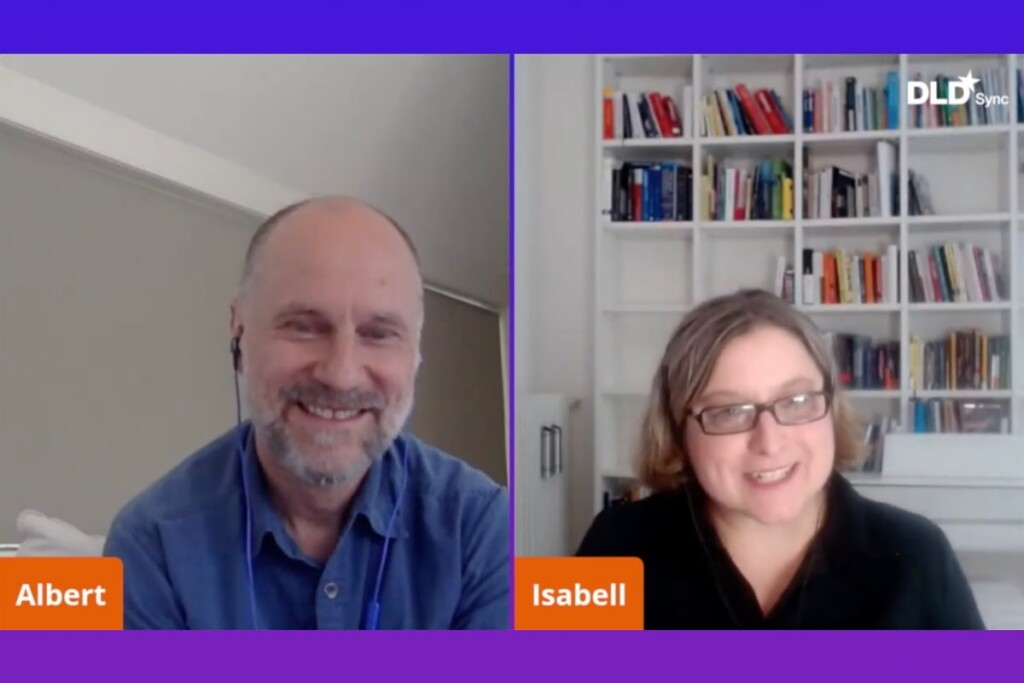
Covid-19: The End of Capitalism?
Isabell Welpe, Chair for Strategy and Organization at the Technische Universität München, and Albert Wenger, Managing Partner at Union Square Ventures, had a fascinating discussion about the state of the globalized economy. What can Covid-19 teach us about capitalism and its limits? How badly will the pandemic hit the economy, what can be done to limit the damage? What chances for a better future does the current crisis hold?
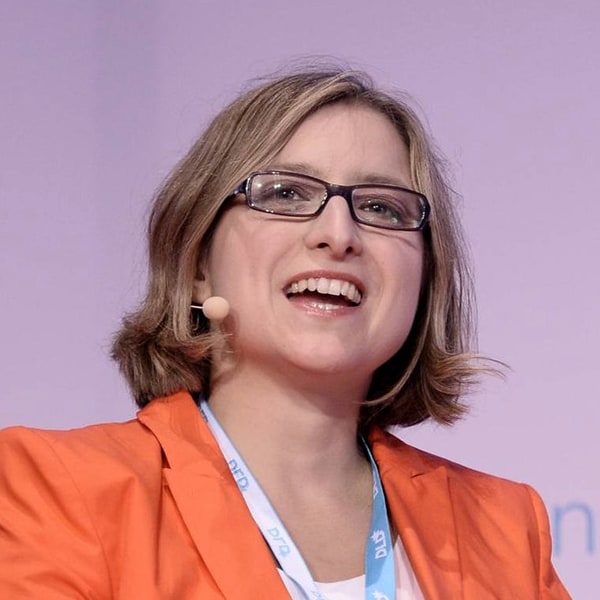
Isabell Welpe
Technical University of Munich
Prof. Dr. Isabell M. Welpe holds the Chair for Strategy and Organization at Technical University of Munich. Her expertise includes includes digital transformation of companies, business model innovation, the impact of digital technologies on the economy and organizations and the future of leadership and work/organizational design.
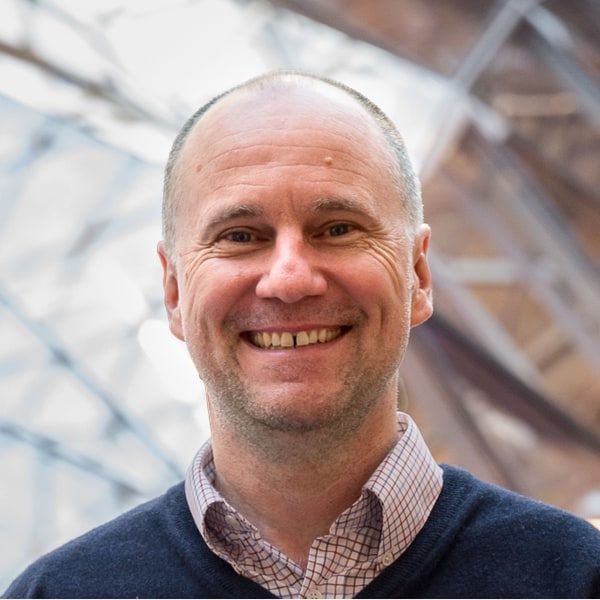
Albert Wenger
Union Square Ventures
Albert Wenger is Managing Partner at Union Square Ventures. He led the firm’s investments in Etsy, Twilio and MongoDB. Wenger holds a Ph.D. in Information Technology from MIT, is @albertwenger on Twitter, blogs at Continuations and is the author of World After Capital.
Video
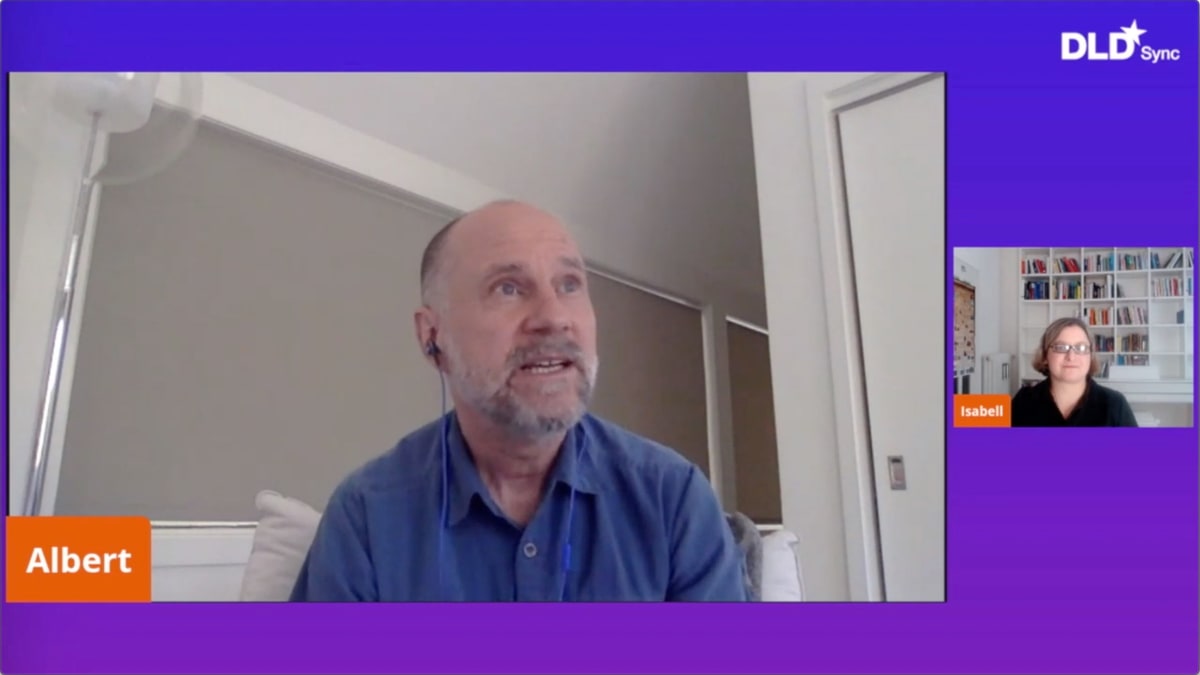
Sync Scroll
| Time | Topic |
| 0:05 | Intro by DLD founder Steffi Czerny. |
| 2:00 | The limits of capitalism. |
| 6:30 | Consumption choices: How much of a difference do they really make? |
| 9:00 | The case for a Universal Basic Income. |
| 10:40 | The “job loop” – working, consuming, working. |
| 12:10 | A need to differentiate: Where markets work – and where they fail. |
| 14:20 | The price of a pandemic. |
| 15:25 | Redirecting human attention. |
| 16:20 | University research caught up in a market economy. |
| 18:00 | The vision of a Knowledge Age. |
| 19:45 | Three kinds of economic freedom. |
| 22:55 | A crisis of capitalism – or of democracy? |
| 25:15 | Can we expect the system to disrupt itself? |
| 28:15 | The pros and cons of centralized systems. |
| 29:50 | Why markets fail to value human attention. |
| 33:30 | Bitcoin to the rescue? |
| 36:30 | Future skills and the search for purpose. |
| 38:45 | Central banks and financing a UBI. |
| 41:15 | Economic growth and planned obscolescence. |
| 44:20 | The future of democracy. |
More DLD Sync
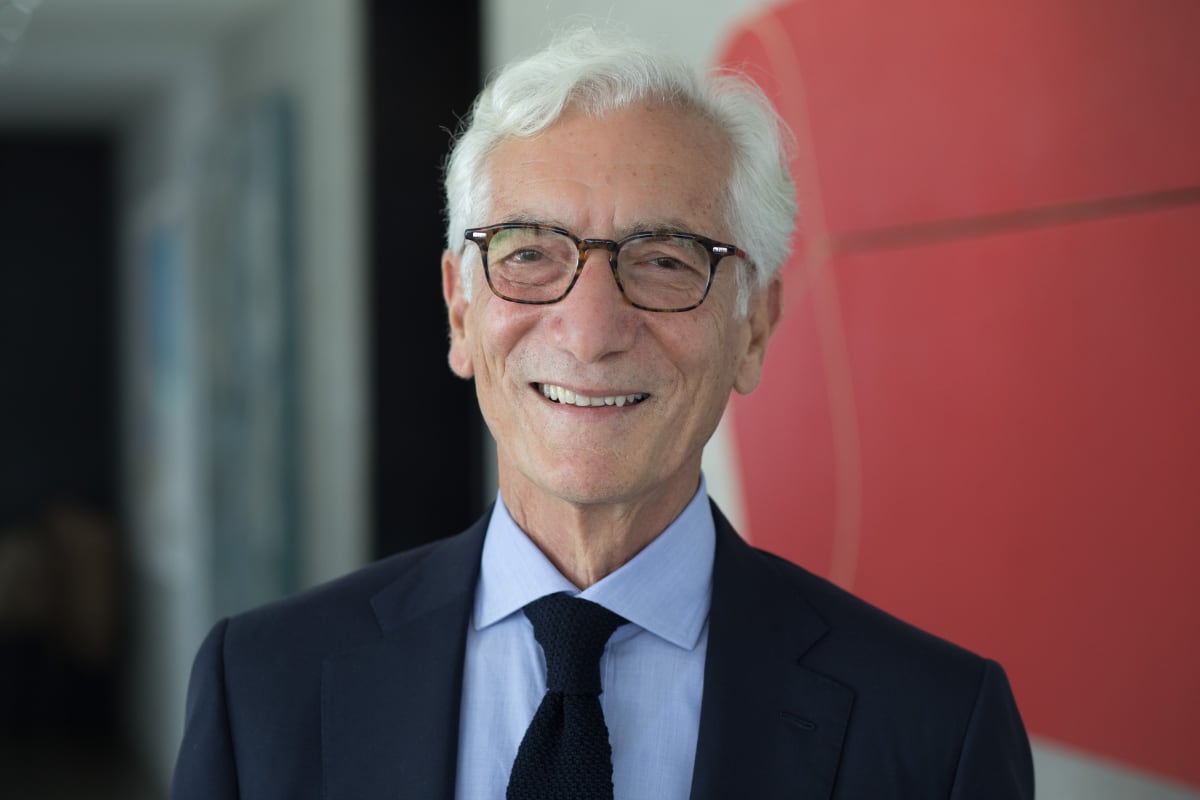
The Impact Revolution: Reshaping Capitalism
